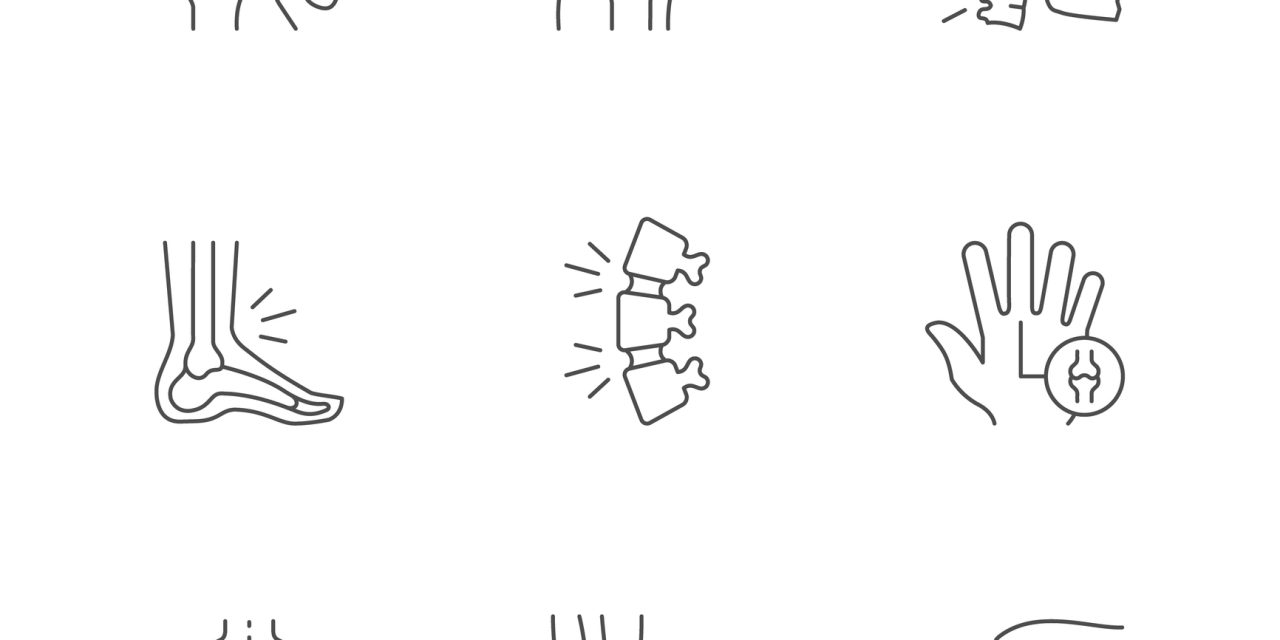Healthcare providers have frequent interaction with patients struggling with their weight. It’s estimated that 60% of doctors’ office visits are filled with people who are overweight or obese. While new diagnostic and treatment options to battle obesity continue to be investigated, recognition is rarely given to the social consequences of obesity. Negative stereotypes and patient-provider interactions can lead to poor emotional and physical health among those who are obese. These factors can also lead to disparities in quality of care among high-risk individuals.
Weight Discrimination
In a recent survey, over 2,000 Americans were polled to determine the role of weight discrimination in society. The prevalence rates of weight discrimination were comparable to that of racial discrimination; among women, weight discrimination was actually higher than racial discrimination. Another survey compared a cohort from two different time periods, finding that rates of weight discrimination have increased by 66% in the past decade.
An analysis of 2,400 overweight and obese adults recently found that the most common frequently reported source of weight stigma was from doctors (69%), followed closely by nurses (46%), dietitians (37%), and mental health professionals (21%). These findings emphasize that healthcare professionals are not immune to negative attitudes toward obese people. Weight discrimination can occur in both subtle, nonverbal ways and in overt ways. Negative stereotypes include obese patients being perceived as lazy, less competent, dishonest, noncompliant, and lacking in motivation and self-discipline.
To determine if bias is present, providers should consider the following:
Do I make assumptions based only on weight regarding a person’s character, intelligence, professional success, health status, or lifestyle behaviors?
Am I comfortable working with patients of all sizes?
Do I give appropriate feedback to encourage healthful behavior change?
Am I sensitive to the needs and concerns of obese individuals?
Do I treat the individual or only the condition?
By asking these questions, clinicians can increase awareness of bias in their practice and take action to address this problem.
The Physician’s Role
Physicians play a key role in identifying and addressing weight discrimination, but many feel ill-equipped to help their patients successfully lose weight. Challenges in achieving significant, sustainable weight loss are in large part the result of ineffective treatment programs, but unfortunately patients are often blamed and assumed to be lazy or noncompliant with treatment. Providers need to be careful about making these damaging assumptions.
Awareness is the first step toward enacting change. If weight bias is identified, it is critical to implement bias-free treatment approaches. These may include:
Considering that patients may have previously experienced weight bias from other providers.
Recognizing that being overweight is a product of many factors.
Exploring all causes of the patient’s presenting problems, not just weight.
Recognizing that many patients have tried to lose weight repeatedly.
Emphasizing behavior changes with patients rather than focusing only on weight.
Acknowledging the difficulty of making lifestyle changes and providing support.
Recognizing that small weight losses can result in significant health gains.
Effective communication techniques are available to assist providers in addressing discussions about weight with respect, sensitivity, and a focus on health and behavior. The key is for providers to engage patients, provide support, share information, and help patients set realistic, measurable goals.



 Janine Anthes
Janine Anthes